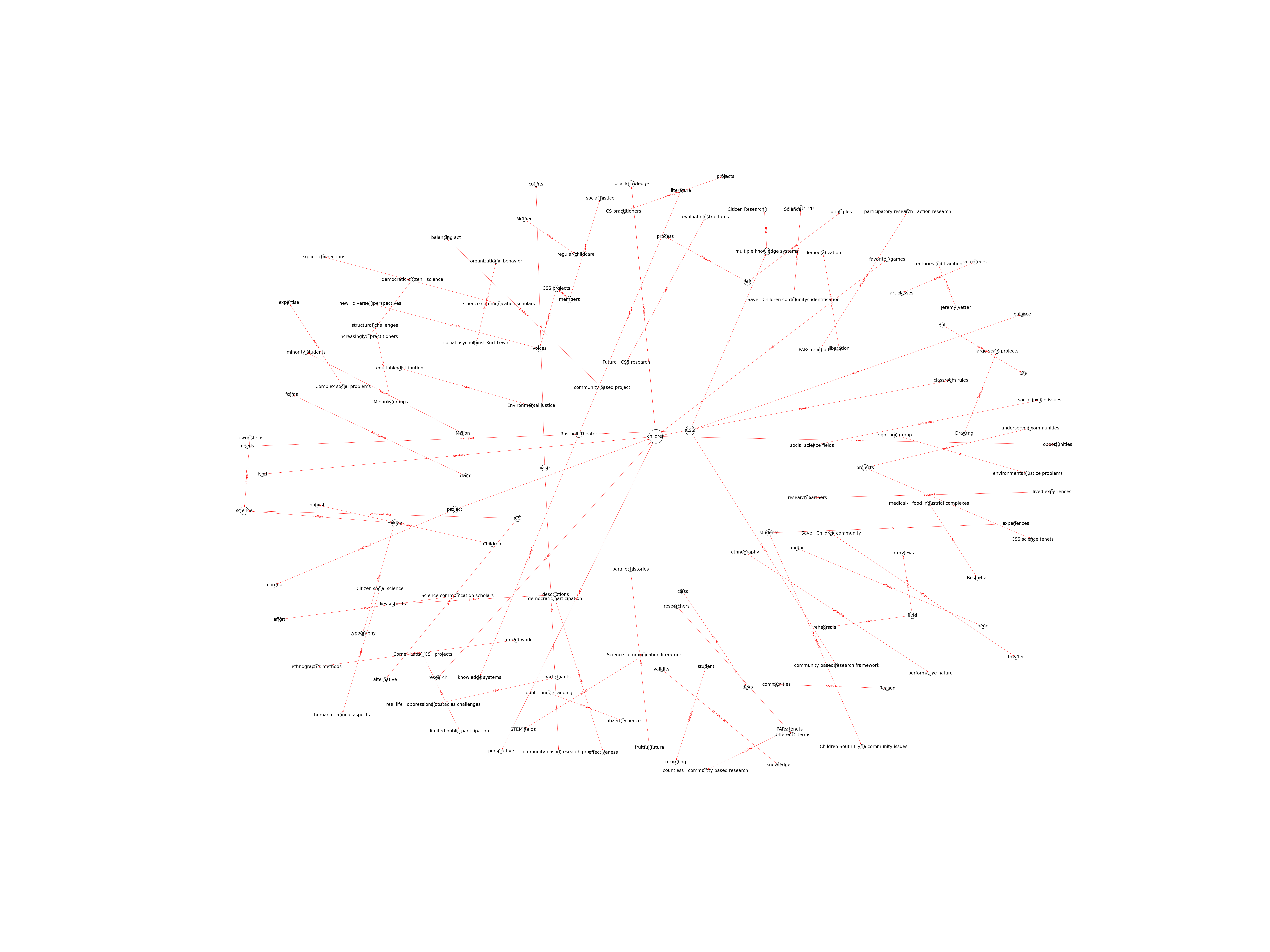| Id | 892 | |
| Author | Lorenz L. | |
| Title | Addressing diversity in science communication through citizen social science | |
| Reference | Lorenz L.; Addressing diversity in science communication through citizen social science ;Journal of Science Communication vol:19.0 issue: 4.0 page:1.0 |
|
| Keywords | Citizen science; Community action; Social inclusion |
|
| Link to article | https://www.scopus.com/inward/record.uri?eid=2-s2.0-85092530978&doi=10.22323%2f2.19040204&partnerID=40&md5=fc3b08717d53396f1bb08df81d795f0c |
|
| Abstract | This article seeks to address the lack of sociocultural diversity in the field of science communication by broadening conceptions of citizen science to include citizen social science. Developing citizen social science as a concept and set of practices can increase the diversity of publics who engage in science communication endeavors if citizen social science explicitly aims at addressing social justice issues. First, I situate citizen social science within the histories of citizen science and participatory action research to demonstrate how the three approaches are compatible. Next, I outline the tenets of citizen social science as they are informed by citizen science and participatory action research goals. I then use these tenets as criteria to evaluate the extent to which my case study, a community-based research project called Rustbelt Theater, counts as a citizen social science project. © The Author(s). |
|
| Metodology | Technique |

Note: Due to lack of computing power, results have been previously created and saved in database


